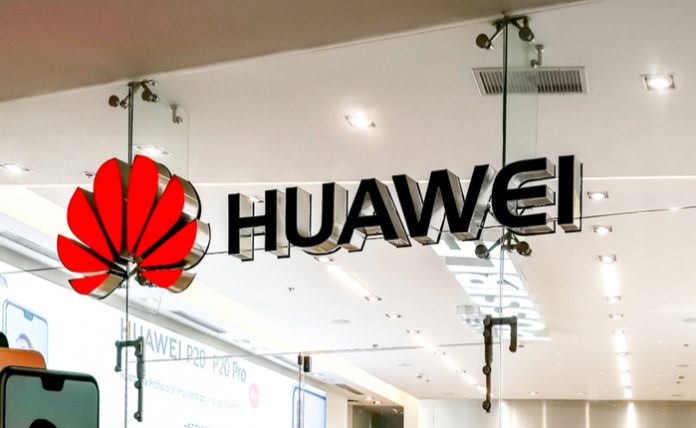In what can only be described as a global trade circus, China telecom giant Huawei is asking the Chinese government to consider blocking a deal in which Japan’s Softbank Group Corporation would sell U.K. chip designer Arm to American firm Nvidia. (Nvidia is incorporated in Delaware and based in Santa Clara, California.)
The background for all of this is the U.S. administration’s furious and frenetic blacklisting of Chinese interests such as the companies behind TikTok and WeChat, and Huawei itself, as well as a Chinese semiconductor company.
The United States has suggested that national security is the reason for attempts to ban these companies business in the U.S.
Now, the Chinese seem to have a important piece of leverage in blocking a merger that doesn’t involve any Chinese companies at all. Whether the Chinese would claim national security remains to be seen. The primary concern, from Huawei and others, is that Nvidia might restrict Arm sales to Chinese customers – in other words, reasonable Chinese financial interests.
It will make sense to assume that China’s clout in this matter is limited to its market and how a Chinese blacklisting would hurt Nvidia after acquisition.
Details from reporters are scant about China’s ability to block the deal and where it comes from, but we found this:
“Jiemian: The statement stated that the transaction will follow the “customary closing conditions” of M&A transactions, including submission to relevant agencies in the UK, China, the EU and the US for approval. Nvidia and ARM are not Chinese companies. Why do they need approval from Chinese regulators?
Ma: According to the Ministry of Commerce’s “Guiding Opinions on the Declaration of Concentration of Undertakings”, as long as the aggregate annual turnover of undertakings in the world exceeds RMB 10 billion, and the turnover of at least two undertakings in China exceeds RMB 400 million in the previous year Renminbi, then it should be reported to the Ministry of Commerce of China for anti-monopoly review. Among them, ‘acquisition’ is a typical model of concentration of operators, while the global revenue and scale of business in China of NVIDIA and ARM far exceed the reporting standards and are automatically included in supervision. Therefore, it must pass the review of the Chinese anti-monopoly agency. In addition, China’s “Anti-Monopoly Law” clearly stipulates that the “Anti-Monopoly Law” shall apply to cases where monopolistic activities outside the People’s Republic of China have an effect on the elimination or restriction of domestic market competition. Although this transaction between Nvidia and ARM is an overseas merger and acquisition, this transaction may have exclusion and restrictions on the Chinese domestic market. For example, this transaction may adversely affect competition in the domestic chip market.”
In other words, looking at the firm’s market activity in China, Chinese regulators can determine whether antitrust laws or other domestic statutes apply.
Can the Chinese crush the $40 billion deal? Will they? Stay tuned.










